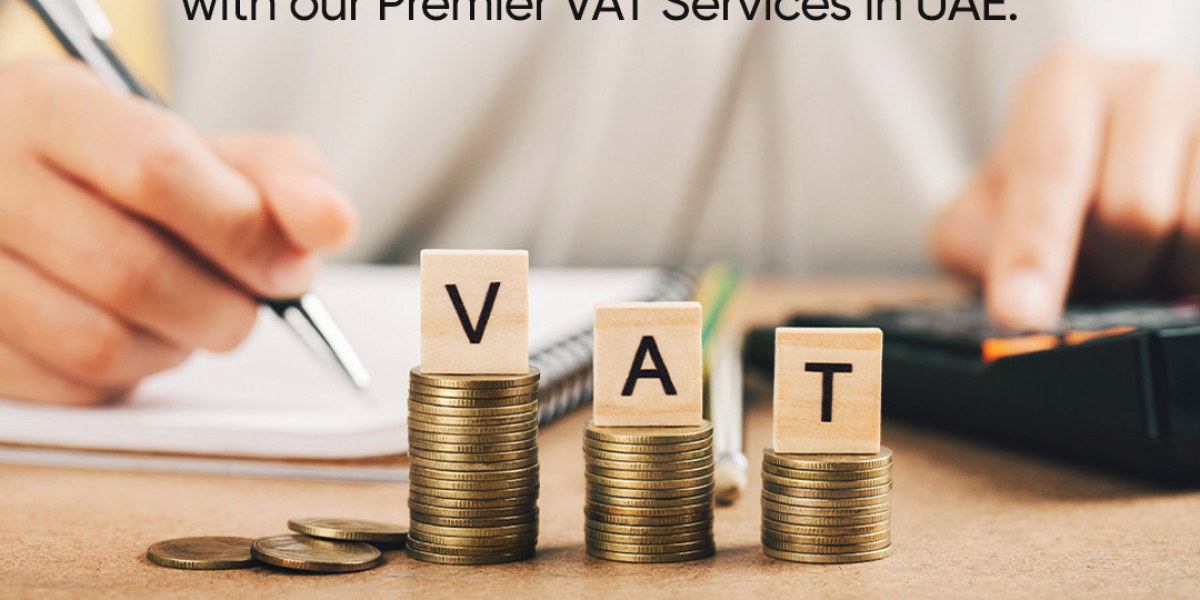Blockchain development has come a long way. From its early association with cryptocurrencies to its role in powering decentralized applications, the technology has evolved fast. Yet, modern blockchain development still faces real challenges. These challenges are not just technical—they involve legal, organizational, and market issues too.
Today, many businesses look toward a Blockchain Development Company for guidance. Whether they want to build dApps, implement smart contracts, or launch digital assets, they rely on expert developers to navigate a space that’s constantly shifting.
In countries like India, the rise in demand for blockchain-based solutions is clear. The growing number of Blockchain Development Companies in India reflects that shift. But even the most skilled teams face hurdles. Let’s explore the core issues developers and companies must overcome in today’s blockchain landscape.
Interoperability Between Blockchain Networks
One of the first issues developers deal with is the lack of interoperability. Blockchains are often isolated. They don’t talk to each other easily. This creates friction when businesses want to connect systems across different blockchain platforms.
Say a company wants to share assets between Ethereum and a private Hyperledger Fabric network. It’s not straightforward. The protocols are different. The languages differ. Even the logic for validating transactions doesn’t match. Developers need to build or adopt bridges, and those bridges come with risks.
Until universal standards are adopted across platforms, interoperability will remain a challenge. It limits scalability and slows down ecosystem growth.
Scalability Issues in High-Traffic Environments
Scalability remains a major roadblock in blockchain development. Most public blockchains can handle only a limited number of transactions per second. Ethereum, for example, has long struggled with congestion during high usage.
When demand surges, transaction fees rise. Network speed drops. Users experience delays. For any business relying on fast confirmations or real-time services, that’s a problem.
Even layer-2 solutions, like sidechains or rollups, offer temporary relief. But they add complexity. Not every business wants to deal with that. A Blockchain Development Company must plan around these limitations from day one. They have to choose the right architecture based on traffic projections.
Security Concerns and Smart Contract Vulnerabilities
Security is often talked about in blockchain. But even with decentralization, there are real risks. Bugs in smart contracts can lead to permanent losses. Once deployed, smart contracts often cannot be changed. That makes auditing crucial.
However, not every business invests in a thorough audit. Some rely on templates or unchecked code. This increases the risk of exploits. High-profile hacks have shown how millions can disappear in seconds due to a single error.
Blockchain Development Companies in India are taking steps to improve this. Many focus on smart contract audits before deployment. But the challenge remains widespread. Blockchain might be secure by design—but the code built on top of it is only as good as the developer behind it.
Lack of Clear Regulatory Frameworks
One of the toughest issues facing blockchain development today is regulation. It’s a moving target. In some countries, blockchain is embraced. In others, it's restricted. And in many regions, there's no clear law at all.
This makes it hard for businesses to plan. Should they launch a token? What licenses do they need? Can they run a decentralized exchange without violating financial laws?
For developers, unclear rules create risk. A product built today could become illegal tomorrow. A Blockchain Development Company has to stay updated with regulatory shifts. They often need legal advisors on board, especially when building financial products or launching utility tokens.
India has seen back-and-forth movement on this issue. While the tech is supported in principle, crypto remains in a grey zone. Still, Blockchain Development Companies in India continue building for global clients. They know how to navigate uncertainty.
High Energy Consumption of Some Networks
Energy use is often a concern in blockchain discussions. Proof-of-work systems, in particular, are known to consume a lot of power. Bitcoin mining is the most well-known example. This becomes an issue when businesses want to align with sustainability goals.
While some networks have moved to proof-of-stake, not all have made that shift. Developers need to think about energy costs and environmental impact. They must also think about public perception.
A business that claims to be eco-friendly can't build on a blockchain with high carbon output. So a Blockchain Development Company must guide clients toward sustainable networks. That narrows choices and adds another layer to the decision-making process.
Talent Shortage and Skill Gaps
Blockchain is still a relatively new space. Finding experienced developers is difficult. The learning curve is steep. Developers must understand both the technical side and the principles of decentralization.
There are frameworks, scripting languages, and cryptography concepts to learn. Unlike web or mobile development, blockchain offers little room for trial and error. Mistakes can cost real money.
This talent shortage affects project timelines. It increases costs. It limits what companies can build. Even among the best Blockchain Development Companies in India, there’s fierce competition for experienced talent. They invest in internal training and partnerships with universities to fill the gap, but it remains a long-term issue.
User Experience Remains a Weak Point
For most users, blockchain-based apps are still hard to use. Wallets, seed phrases, gas fees—these are foreign concepts to the average person. The onboarding process can be intimidating.
This creates friction for adoption. If users find it too hard, they’ll walk away. Businesses building customer-facing products need more intuitive interfaces. But blockchain adds complexity under the hood.
A Blockchain Development Company must balance security with simplicity. That’s not easy. They must build interfaces that abstract blockchain mechanics while keeping transactions safe. Getting that balance right is a challenge.
Integration With Legacy Systems
Many companies want to integrate blockchain into existing workflows. But legacy systems weren’t built with decentralization in mind. Connecting old systems to smart contracts or decentralized storage is a challenge.
Data formats don’t always match. APIs may not exist. Developers must build custom middleware. This takes time. It also requires deep knowledge of both the old and the new.
Many Blockchain Development Companies in India now offer enterprise-focused solutions. They specialize in hybrid systems that blend blockchain with traditional infrastructure. But integration is still one of the most complex parts of modern development.
Rapid Pace of Change in Tools and Frameworks
The blockchain space moves fast. New frameworks appear almost monthly. What was considered the best tool six months ago might now be obsolete. For developers, it’s hard to keep up.
This rapid evolution affects decision-making. Should you build on Solidity or try a newer language? Should you adopt a new SDK that promises faster deployment?
The constant change can lead to technical debt. Developers may have to rewrite parts of a product just to stay current. A Blockchain Development Company has to choose tools carefully. They must balance innovation with stability.
Conclusion
Modern blockchain development is filled with challenges. Interoperability, scalability, security, and regulation all require careful planning. These aren't theoretical issues—they impact real projects, real users, and real money.
Despite the hurdles, the demand for blockchain-based solutions keeps growing. From finance to healthcare to supply chain, more businesses are exploring how blockchain can bring transparency, security, and decentralization to their operations.
Blockchain Development Companies in India are playing a big role in this shift. They bring technical expertise, cost efficiency, and strong development ecosystems. But even they must navigate the same issues facing the global blockchain community.
The way forward involves more than just better code. It requires collaboration, education, legal clarity, and a strong focus on user needs. As blockchain technology matures, these challenges won’t disappear—but they will become easier to manage.
If you’re building in this space, expect obstacles. But also expect innovation. The field is moving fast. And those who understand its challenges are best positioned to lead its future.







